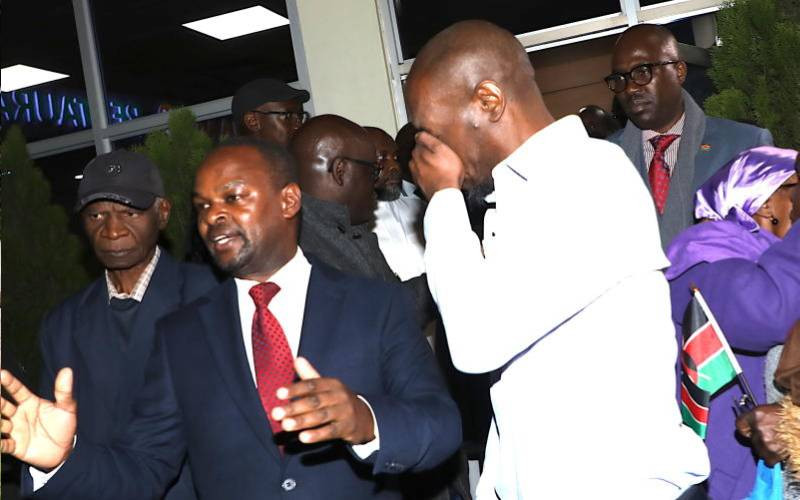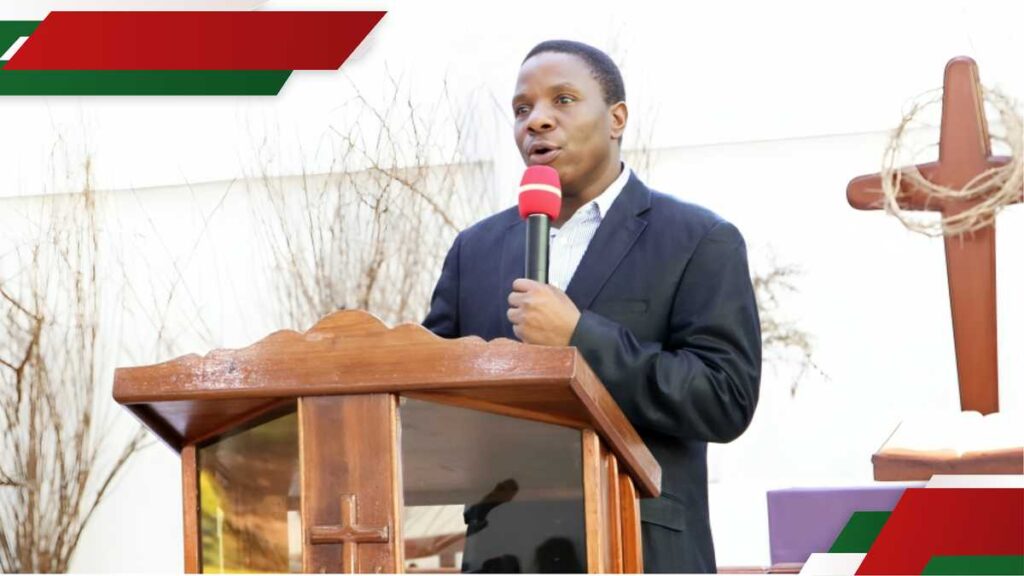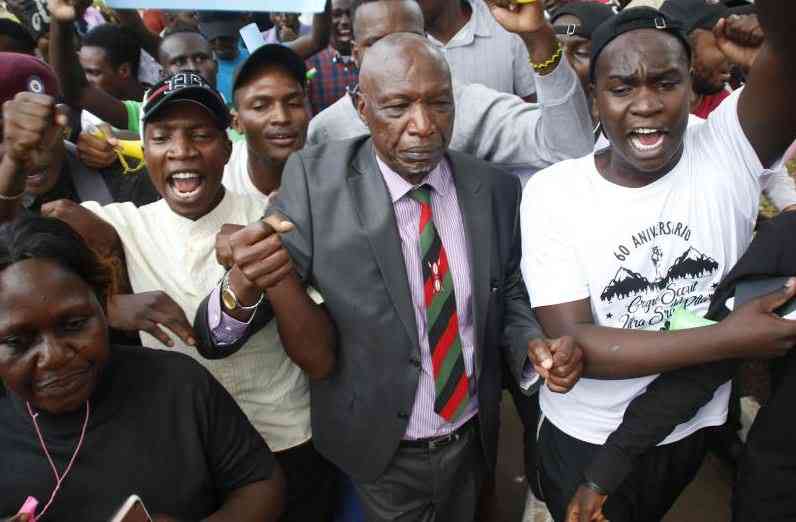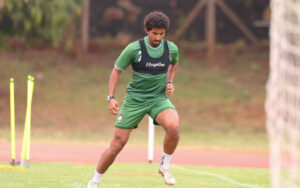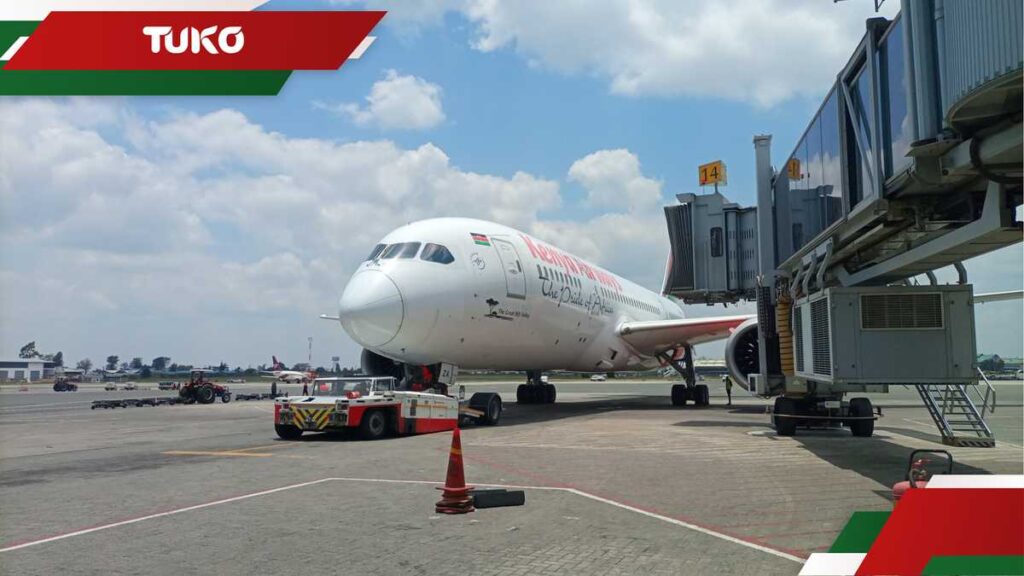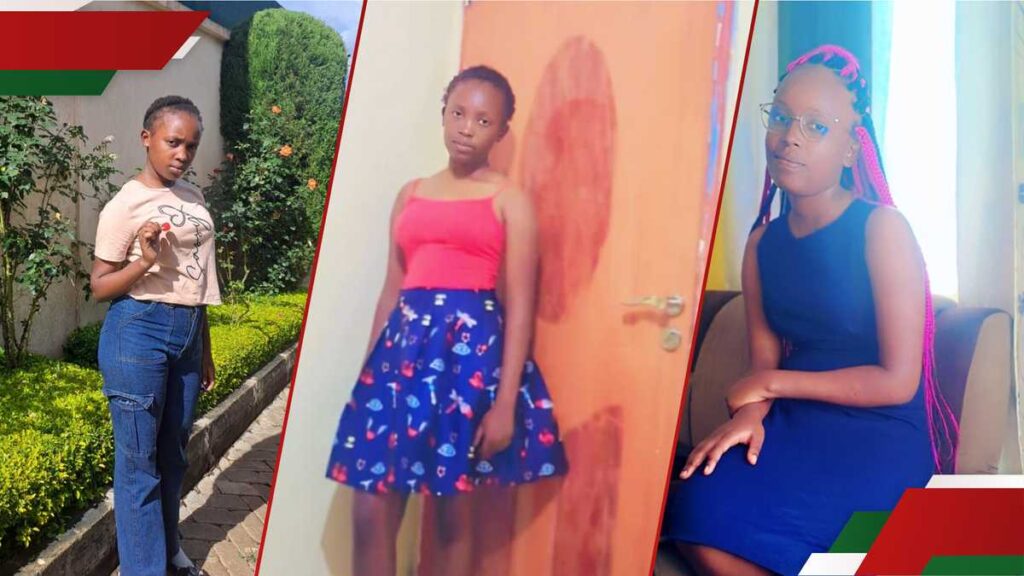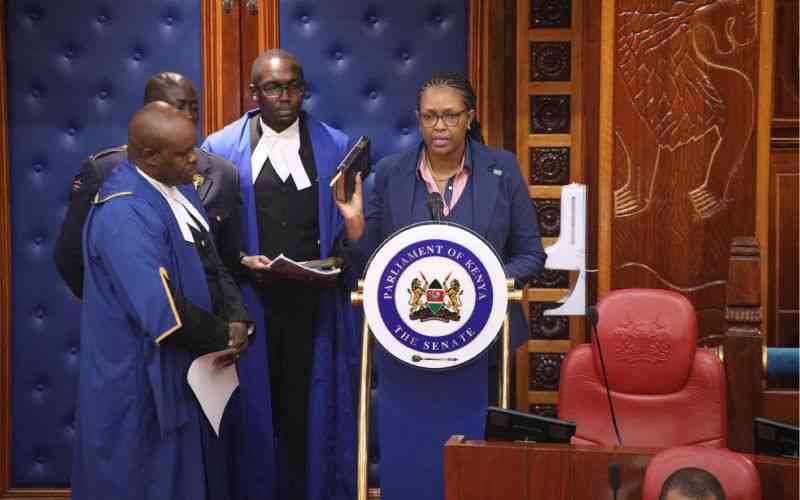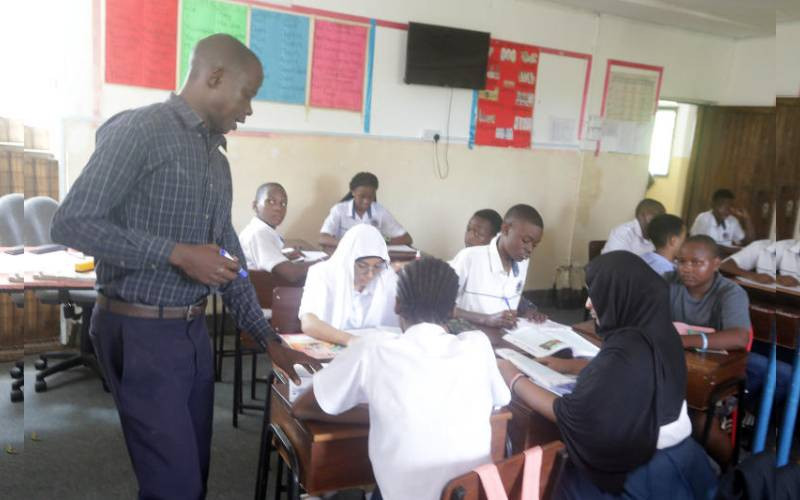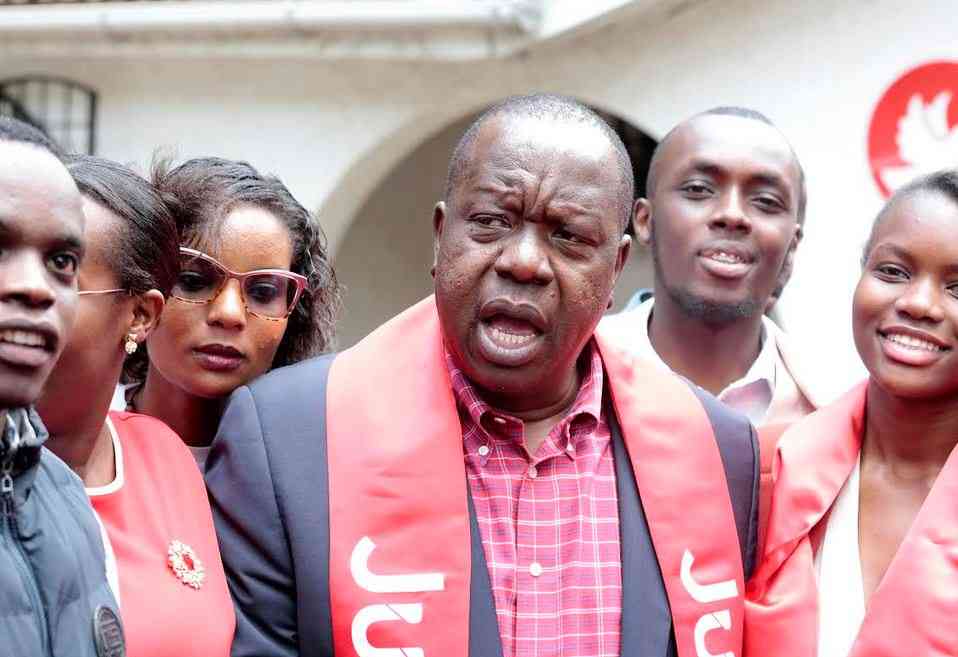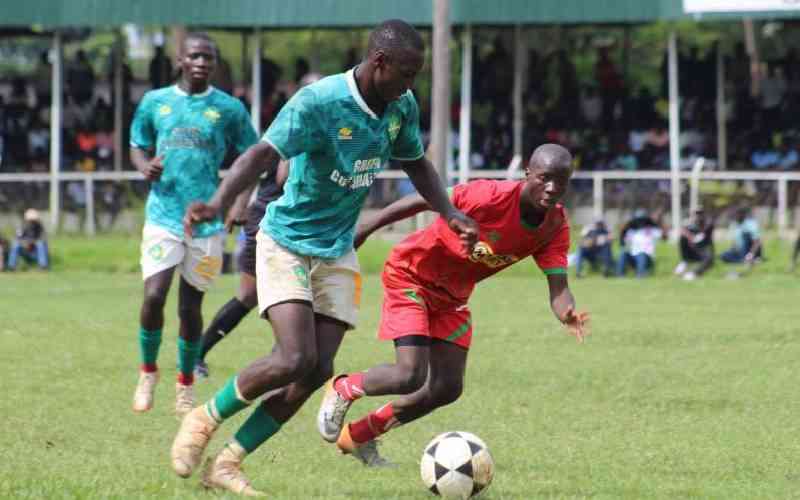Stephen Munyakho, a Kenyan man recently freed from death row in Saudi Arabia, has broken his silence on the 2011 incident that led to his imprisonment, describing the fatal fight with his Yemeni colleague as unintentional and deeply traumatising.
Speaking to Citizen TV a day after arriving in Nairobi, Munyakho explained that the confrontation, which took place on April 9, 2011, began as a salary-related disagreement that quickly spiralled out of control.
“It was a salary-related fight. I was supposed to go and collect my salary, but he was not willing to let me go,” he explained.
“I ended up getting angry, he used words that were not very good and I could not take them. He is the one who started the fight.”
During the altercation, Munyakho said the man pulled out a knife and attacked him first.
“I have a stab wound on my hand and on my thigh. The knife was his. After he used it on me, I used it on him,” he recalled, adding, “The main cause of his death was not from the stabbing. The doctor’s report said he delayed going to the hospital, so he lost a lot of blood. It was just by mistake.”
The incident led to the death of Abdul Halim, Munyakho’s co-worker in Jeddah. Munyakho, who was then working as a warehouse manager, was initially sentenced to five years for manslaughter.
But following an appeal, the charge was reclassified as murder and he was sentenced to death by beheading.
“This tragedy is something I cannot explain,” he noted.
“Abdul Halim was a good friend of mine and we use to work together. Whatever transpired thereafter really hurt me because I never thought that somebody could die from my hands. That was my first fight ever. I have never been known to be a fighter,” he added.
His televised interview added clarity and emotion to a case that has gripped the country for more than a decade.
His release became possible after the deceased’s family accepted diyya (blood money) under Sharia law, a move that spared him from execution.
The Kenyan government, working with the Muslim World League and community donors, raised Sh 129 million to pay the settlement.
Prime Cabinet Secretary Musalia Mudavadi personally appealed to the Saudi foreign minister to secure clemency.
Stay informed. Subscribe to our newsletter
“I appreciate every Kenyan who gave whatever they could, including SUPKEM, the Muslim World League, the Kenyan Muslim Community and the Conference of Catholic Bishops,” observed Mudavadi.
Munyakho was released earlier this year from Shimeisi Prison in Mecca, where he had been held for 14 years.
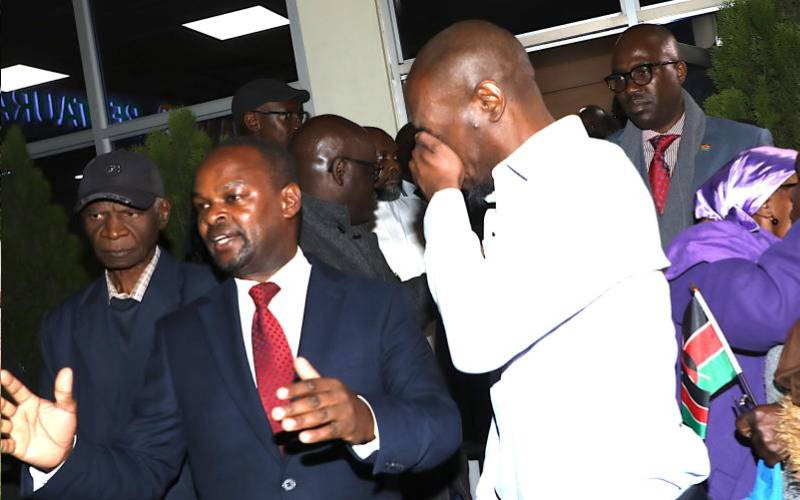
Before leaving Saudi Arabia, he was granted permission to perform Umrah, a minor pilgrimage he had long hoped for.
He was later transferred to a deportation centre before being cleared to return home. He landed at Jomo Kenyatta International Airport early Monday, where emotional scenes unfolded as family, friends and government officials welcomed him back.
His mother, Dorothy Kweyu, remembered the terrifying moment she feared the worst.
“When I first received information from Saudi Arabia, I thought my son was the one who had died. Three hours later we established that it was the other party,” she recalled.
“That accelerated my anxiety further because I knew for a fact that having somebody dead on my son’s hands spelt doom on him.”
Foreign Affairs Principal Secretary Dr Korir Sing’oei, who received him at the airport, noted that the outcome was the result of sustained diplomatic and community efforts.
Munyakho first travelled to Saudi Arabia in April 1996 on a work visa to take up a computing job at a restaurant.








